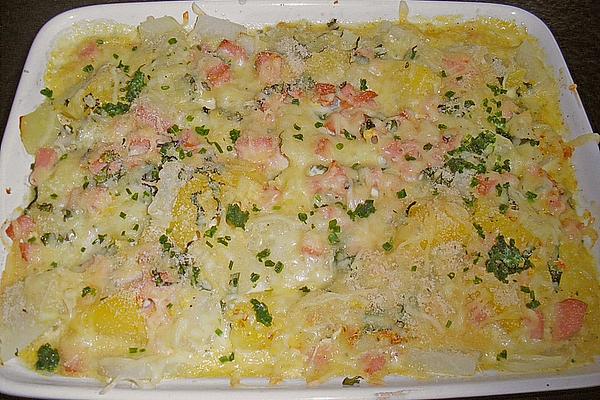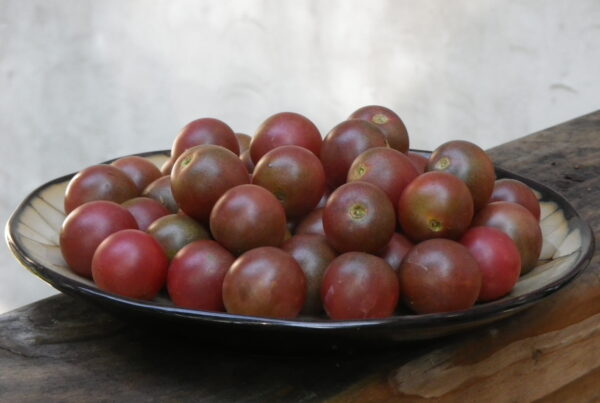2021 Signup now open in Virginia – inquire at your district NRCS Office
The following information is provided by Mark Jones of Sharondale Farm:
Once considered one of the USDA Natural Resources Conservation Service’s most useful but least understood offerings, the Conservation Stewardship Program (CSP) has experienced a surge in enrollment with 538 current participants across the state. Changes being implemented this year will make it a more attractive option for Virginia producers interested in taking their land management to a higher level. These include:
- Establishing a separate fund pool for organic and transitioning-organic growers.
- Adding financial incentives for several enhancements to improve soil health.
- Offering options for a second renewal of five-year CSP contracts. Participants with existing contracts can apply for renewal in the first half of the fifth year.
- Increasing payment rates for adoption of cover crop rotations.
- Adding a new supplemental payment for several advanced grazing management enhancements.
- Establishing a one-time payment for developing a comprehensive conservation plan.
“Some of the changes may not strike our farmers as new because we’ve already been implementing them under an interim rule,†said Patrick Vincent, Virginia NRCS’ assistant state conservationist for programs. “The final rule makes them official and also adds a few new things that I think will be popular in Virginia.
“We have a number of organic growers in the state who should appreciate the new level of support. With a dedicated fund pool, organic growers will only compete against other organic growers for assistance instead of being evaluated against all applicants.â€
Though NRCS has not yet set a deadline for 2021 signups field offices continue to accept CSP applications, Vincent urges Virginia growers who’d like to renew or to explore options available to them with CSP to apply as soon as possible. More information on how to apply is available at  nrcs.va.usda.gov, or by contacting your local NRCS field office.
Virginia Conservation Network Promotes Farm Conservation and Local Food Systems at State Legislative Session
The Virginia Conservation Network (VCN), of which VABF is a member, promotes a number of legislative issues related to clean water, land conservation, energy conservation, and environmental justice. VCN is planning to promote a number of legislative issues and initiatives on its annual Lobby Day, January 21, including two related to sustainable and organic farming. One of these is a conservation initiative focused on protecting the state’s rivers, streams, and the Chesapeake Bay; it includes an increase in funding for the Virginia Agricultural Cost-Share Program to $100 million per year. Between July, 2019 and June 2020, this program provided $72 million in cost-share for farmers to adopt cover cropping and nutrient management practices, fence their livestock away from streams, and take other measures to protect the Chesapeake Bay and other sensitive watersheds. Many of these practices also build soil health and fertility and improve long term yield stability and farm profitability.
The second initiative focuses on building resilient local and regional food systems, a need made more urgent by the pandemic. Policy recommendations include increased funding for farmland preservation, farm to school and food access programs, and small-scale processing facilities; continued support for Virginia Fresh and Virginia’s Finest marketing programs, and creating a funding source to acquire suitable land for small scale urban and suburban agriculture.
VABF policy volunteer Jill Auburn plans to participate via Zoom in the January 21 lobby day to explore possibilities for these initiatives in the State Legislature.
Advocates Urge USDA to Implement Origin of Livestock Rule for Organic Dairy
The organic community has worked for years to get USDA to close a loophole that allows dairies to continue transitioning conventionally raised and managed dairy cows into organic production year after year. This loophole has given large organic dairies to gain an unfair competitive advantage over smaller operations that raise their milking cows organically from conception to maturity. The USDA National Organic Program has considered a new rule to close this loophole (allowing a conventional-to-organic transition to occur only once, when the dairy operation as a whole makes the transition, after which all new milking stock must be raised organically from birth); however implementation of the rule has been delayed for years.
On January 25, the National Organic Coalition, Organic Farmers Association, and the Northeast and Western Organic Dairy Producers Alliances will send a sign-on letter urging incoming Agriculture Secretary Tom Vilsack to implement the new Rule without further delay. VABF is among the organizations who have signed onto this letter. Click here to view the text of this letter.
Tom Vilsack become US Secretary of Agriculture – Again
The incoming Biden Administration has announced its choice for Secretary of Agriculture: Tom Vilsack, who served as Agriculture Secretary throughout President Obama’s eight years in office. While this choice has elicited some disappointment among advocates that a stronger leader in cutting-edge sustainable and organic agriculture was not selected, Mr. Vilsack also offers reason for hope (IMHO) for better times ahead:
- His years of experience will equip him to help USDA agencies, especially National Institute for Food and Agriculture (NIFA) and Economic Research Service (ERS) to recover and rebuild in the wake of the abrupt relocation of NIFA and ERS to Kansas City and other blows the Department and its agencies sustained over the past four years.
- He is much more open and supportive to organic and sustainable agriculture and local/regional systems than the outgoing Secretary.
- He understands the value of sound science in agriculture, public health, and other vital components of a healthy society.
Other News from the National Sustainable Agriculture Coalition Blog
A recent NSAC blog post summarizes major policy accomplishments for sustainable agriculture and food systems in 2020. These include Covid-19 relief bills that included significant benefits for smaller scale farmers serving local food systems, an increase in funding for Sustainable Agriculture Research and Education (SARE) to $40 million in 2021 (highest ever), NSAC’s delivery of a farmers’ letter on climate change to Congress with over 2,100 signatures, and a set of recommendations for the Biden Transition Team that centers racial equity and effective research and conservation programs to help farmers build resilience and combat climate change.
The new Coronarivus Relief Bill, signed into law by the President on December 28, provides $26 billion for farmers and food access programs, and includes substantial funding increases for the Local Agriculture Markets Program (LAMP), the Farmer Opportunities Training and Outreach (FOTO), and the Gus Schumacher Nutrition Incentive Program. It also improves access to on-line SNAP for small scale direct-market farmers and local food businesses, and continues the Coronavirus Food Assistance Program (CFAP) with substantial support for local food systems.
The USDA has issued its Request for Applications (RFA) for the Organic Transitions Program (ORG), which funds research and education projects designed to help new and transitioning organic producers better understand organic systems and get their newly organic operations off to a successful start. Application deadline for 2021 is March 15.
In 2020, the USDA provided assistance to nearly 350 farm enterprises across the use with a total of $61 million through the Value Added Producer Program. USDA recently announced the next round of funding with a 90 day application window. NSAC will provide updated information on the program for farmers early this year.
USDA recently announced awards through the Food Safety Outreach Program, designed to help smaller scale farmers and food businesses meet requirements of the Food Safety Modernization Act. While no entities in Virginia received awards, awardees in Maryland, Washington DC, and North Carolina may offer training to producers in Virginia.
Resources
Reducing Production Risks through Organic Soil Health Practices for the South
This Webinar, given Januar 13, was attended by about 120 farmers and other folks across the US. The presentation was followed by a lively discussion, in which Emily Oakley, owner and manager of  Three Springs Farm, a diversified farm in eastern Oklahoma joined presenter Mark Schonbeck to provide answers and suggest resources.
Watch the VABF website https://vabf.org/ for announcements of an upcoming Soil Health webinar focused more specifically on Virginia’s climates, soils, and farming systems.






